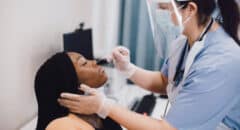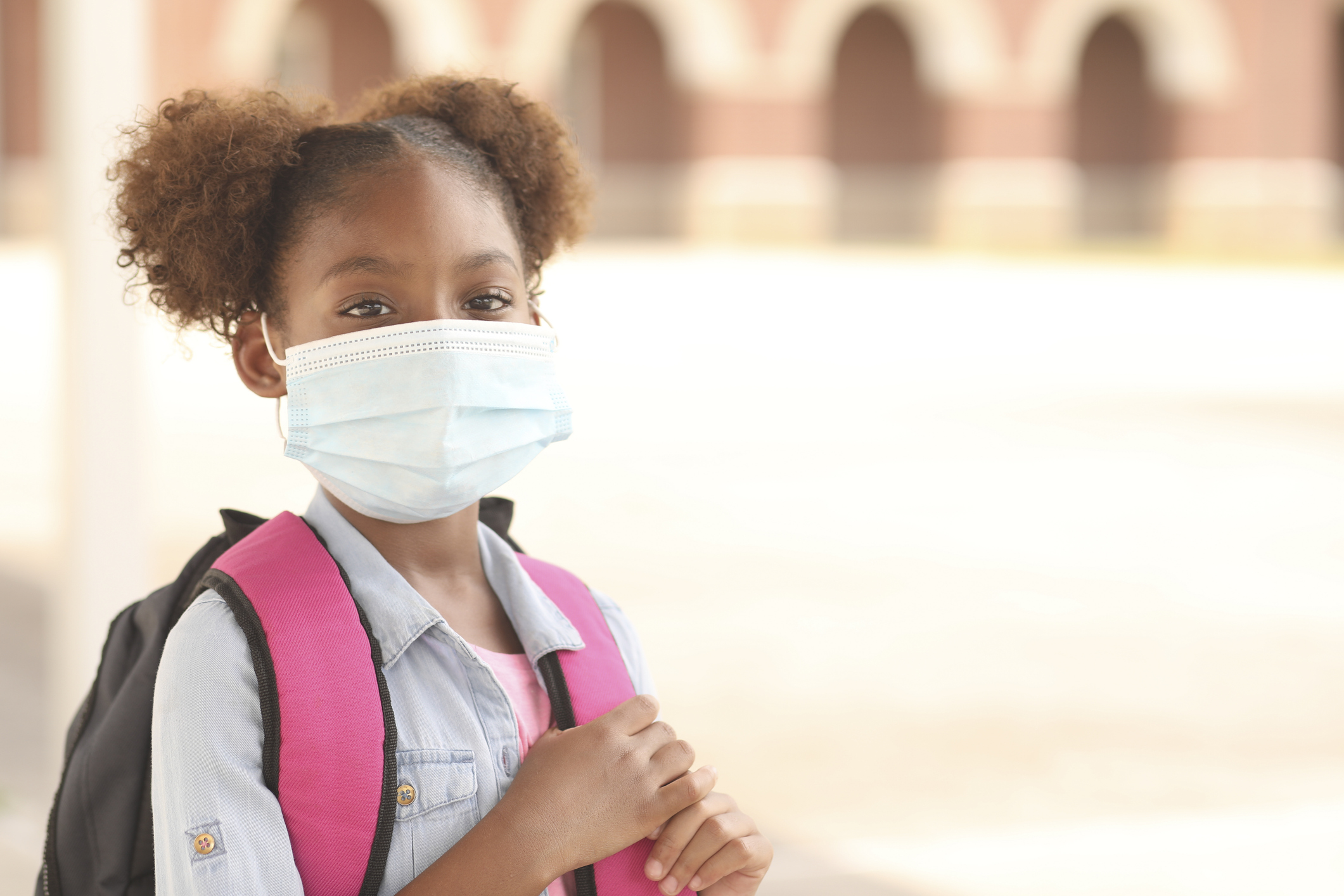
The COVID vaccines are rolling out quickly, in fact, according to the CDC over 20 million people have received at least one dose of the vaccine. However, these numbers do not include children, and many beginning to wonder when will children be able to get vaccinated and when? The answers to those questions require children to participate in Covid clinical trials. Here's what you should know.
If clinical trials for COVID-19 vaccines aren’t expanded soon to include children, it’s unlikely that even kids in their teens will be vaccinated in time for the next school year.
The hurdle is that COVID vaccine makers are only in the early stages of testing their products on children. The Pfizer vaccine authorized for use by the Food and Drug Administration on Friday was greenlighted only for people ages 16 and up. Moderna just started trials for 12- to 17-year-olds for its vaccine, likely to be authorized later this month.
It will take months to approve use of the vaccines for middle- and high school-aged kids, and months more to test them in younger children. But some pediatricians say that concerns about the safety of the front-runner vaccines make the wait worthwhile.
Although most pediatricians believe the eventual vaccination of children will be crucial to subduing the COVID virus, they’re split on how fast to move toward that, says Dr. James Campbell, professor of pediatrics at the University of Maryland School of Medicine’s Center for Vaccine Development and Global Health. Campbell and colleagues say it’s a matter of urgency to get the vaccines tested in kids, while others want to hold off on those trials until millions of adults have been safely vaccinated.
Much of the debate centers on two issues: the degree of harm COVID-19 causes children and the extent to which children are spreading the virus to their friends, teachers, parents, and grandparents.
COVID-19’s impact on children represents a tiny fraction of the suffering and death experienced by vulnerable adults. Yet it would qualify as a pretty serious childhood disease, having caused 154 deaths and more than 7,500 hospitalizations as of Dec. 3 among people 19 and younger in the United States. Those numbers rank it as worse than a typical year of influenza, and worse than diseases like mumps or hepatitis B in children before the vaccination era.
Studies thus far show that 1%-2% of children infected with the virus end up requiring intensive care, Dr. Stanley Plotkin, professor emeritus of pediatrics at the University of Pennsylvania, told a federal panel. That’s in line with the percentage who become gravely ill as a result of infections like Haemophilus influenza type B, or Hib, for which doctors have vaccinated children since the 1980s, he pointed out.
Campbell, who with colleagues has developed a plan for how to run pediatric COVID vaccine trials, points out that “in a universe where COVID mainly affected children the way it’s affecting them now, and we had potential vaccines, people would be clamoring for them.”
The evidence that teens can transmit the disease is pretty clear, and transmission has been documented in children as young as 8. Fear of spread by children has been enough to close schools, and led the American Academy of Pediatrics to demand that children be quickly included in vaccine testing.
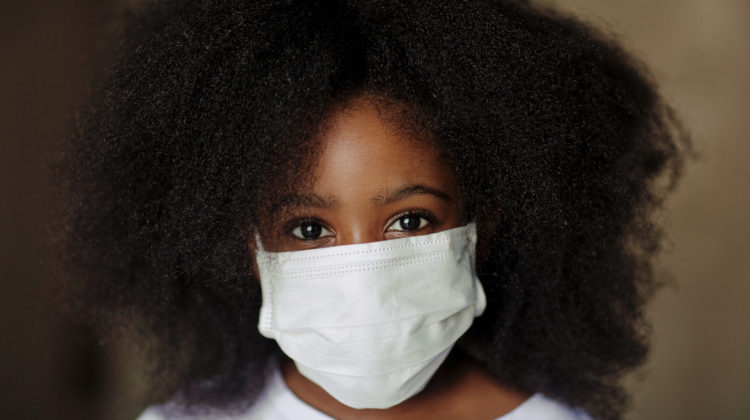
“The longer we take to start kids in trials, the longer it will take them to get vaccinated and to break the chains of transmission,” said Dr. Yvonne Maldonado, a professor of pediatrics at Stanford University who chairs the AAP’s infectious disease committee. “If you want kids to go back to school and not have the teachers union terrified, you have to make sure they aren’t a risk.”
Other pediatricians worry that early pediatric trials could backfire. Dr. Cody Meissner, chief of pediatric infectious diseases at Tufts Medical Center and a member of the FDA’s advisory committee on vaccines, is worried that whatever causes Multisystem Inflammatory Syndrome in Children, a rare but frightening COVID-related disorder, might also be triggered, however rarely, by vaccination.
Meissner abstained from the committee’s vote Thursday that supported, by a 17-4 vote, an emergency authorization of the Pfizer vaccine for people 16 and older.
“I have trouble justifying it for children so unlikely to get the disease,” he said during debate on the measure.
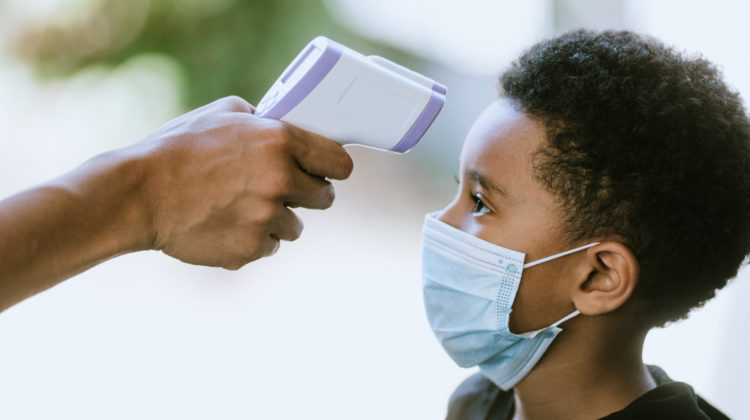
But panel member Dr. Ofer Levy, director of the Precision Vaccines Program at Boston Children’s Hospital, said the 16-and-up authorization would speed the vaccine’s testing in and approval for younger children. That is vital for the world’s protection from COVID-19, he said, since in the United States and most places “most vaccines are delivered early in life.”
While vaccines given to tens of thousands of people so far appear to be safe, the lack of understanding of the inflammatory syndrome means that children in any trials should be followed closely, said Dr. Emily Erbelding, director of the Division of Microbiology and Infectious Diseases at the National Institute of Allergy and Infectious Diseases.
Under a 2003 law, vaccine companies are required eventually to test all their products on children. By late last month, Pfizer had vaccinated approximately 100 children 12-15 years of age, said spokesperson Jerica Pitts.
Moderna has started enrolling 3,000 children 12 and over in another clinical trial, and other companies have similar plans. Assuming the trials show the vaccines are safe and provide a good immune response, future tests could include progressively younger children, moving to, say, 6- to 12-year-olds next, then 2- to 6-year-olds. Eventually, trials could include younger toddlers and infants.
Similar stepdown approaches were taken to test vaccines against human papillomavirus (HPV), influenza and other diseases in the past, Erbelding noted. Such trials are easiest to conduct when researchers know that a measurable immune response, like antibody levels in the blood, translates to effective protection against disease. Armed with such knowledge, they can see whether children were protected without them having to be exposed to the virus. Federal scientists hope to get that data from the Moderna and Pfizer adult vaccine trials, she said.
Vaccine trials geared to tweens or younger children may involve testing half-doses, which, if protective, would require less vaccine and might cause fewer incidents of sore arms and fevers that afflicted many who’ve received the Pfizer and Moderna vaccines, Campbell said.
But unless additional studies begin quickly, the window for having an FDA-authorized vaccine available before the next school year “will be closed even for our oldest children,” said Dr. Evan Anderson, a pediatrics professor at Emory University. “Our younger children are almost certainly going into next school year without a vaccine option available for them.”
In the meantime, teachers are likely to be high on the priority list for vaccination. Protecting school staff could allow more schools to reopen even if most children can’t be vaccinated, Erbelding said.
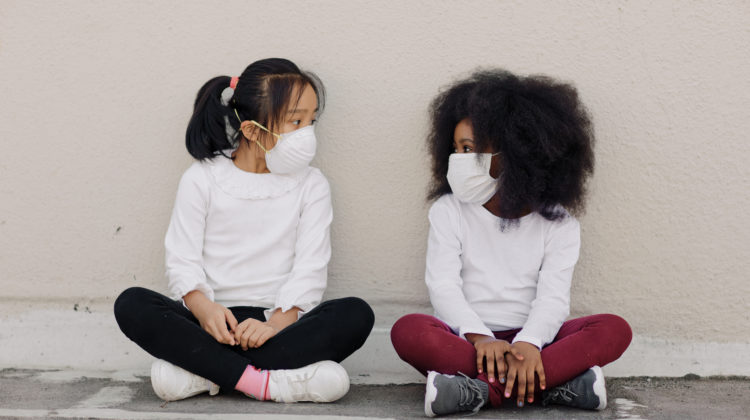
Eventually, if the SARS-CoV-2 virus remains in circulation, governments may want to mandate childhood vaccination against the virus to protect them as they grow up and protect society as a whole, Plotkin said.
In the 1960s, Plotkin invented the rubella vaccine that has been given to hundreds of millions of children since. Like COVID-19, rubella, or German measles, is not usually a serious illness for children. But congenital rubella syndrome afflicted babies in the womb with blindness, deafness, developmental delays and autism. Immunizing toddlers, which, in turn, protects their pregnant mothers, has indirectly prevented hundreds of thousands of such cases.
“We don’t want to use children to protect everyone in the community,” said Campbell. “But when you can protect both children and their community, that’s important.”
And while a coronavirus infection may not be bad for most children, missed school, absent friends and distanced families have caused them immense suffering, he said.
“It’s a huge burden on a child to have their entire world flipped around,” Campbell said. “If vaccinating could help to flip it back, we should begin testing to see if that’s possible.”
This story was produced by KHN, which publishes California Healthline, an editorially independent service of the California Health Care Foundation.



